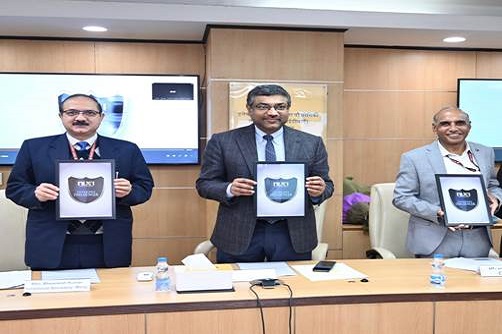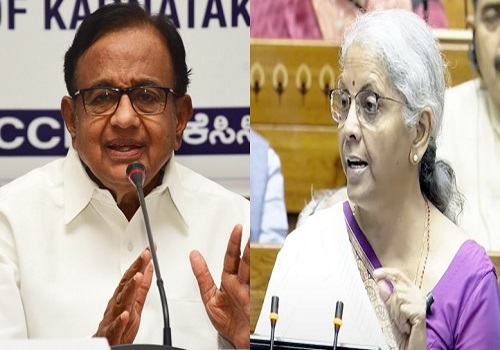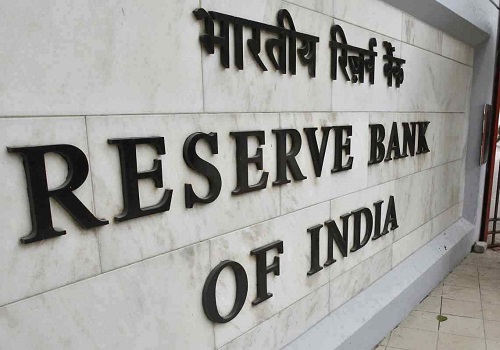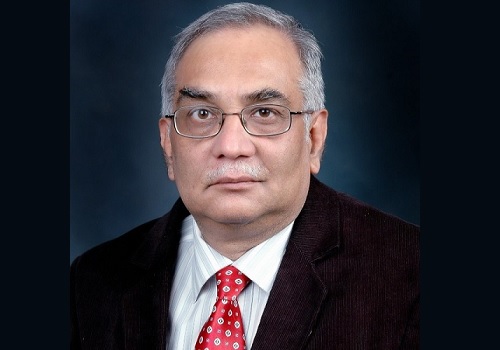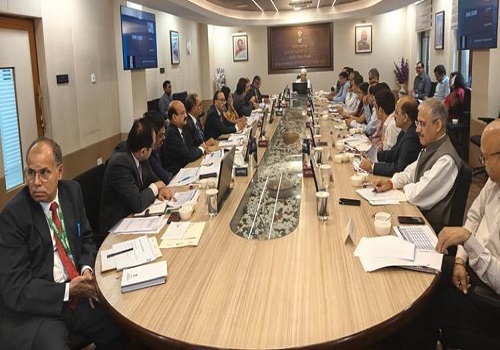Union Budget: Investments in rural infrastructure key to boost new economy

There is a need to infuse investments in districts and rural areas both for accelerating traditional economic activities as well as the new economy especially focused on circularity, experts have said.
The rural economy in India employs almost 68 per cent of the workforce while contributing less than half of the country's GDP.
Accelerating socio-economic status in districts is key to creating inclusive and sustained growth.
Amit Vatsyayan, Leader GPS-Agriculture, Livelihood, Social and Skills, EY India, said that investments in rural infrastructure, agriculture, and non-farm sectors have driven impressive growth.
“Initiatives like rural digitisation, financial inclusion, community institutions, and scale-appropriate technology are critical for revitalising the rural economy. New business models that allow rural communities to add value and reimagine districts as economic corridors will be essential,” he noted.
Focusing on creating rural areas as champions of circularity holds significant potential, as overall sustainability becomes a key priority.
Given that 60 per cent of the rural economy is concentrated in six states -- Uttar Pradesh, Bihar, Maharashtra, West Bengal, Madhya Pradesh, and Rajasthan -- it will be crucial to adopt a localised approach that addresses specific challenges while developing the rural investment strategy, said experts.
Meanwhile, women entrepreneurs are a powerful engine for economic growth and job creation in India.
With over 10 million self-help groups (SHGs) established, collectively holding an estimated Rs 7,000 crore in savings and maintaining a remarkably low non-performing asset (NPA) rate of just 2.01 per cent, there is a compelling case for investing in helping women become entrepreneurs.
Women-owned micro, small, and medium enterprises (MSMEs) in India have demonstrated impressive results, hiring 11 per cent more women employees compared to male-owned MSMEs and creating one-third of all new jobs.
They have also reported a 12 per cent rise in monthly revenue and a 19 per cent increase in monthly net income, indicating better cost optimisation and income growth.
“To facilitate women's entrepreneurship in India, it is essential to invest in creating a robust ecosystem that provides access to critical business services such as finance, markets, skills, networks, and mentoring,” said Vatsyayan.





